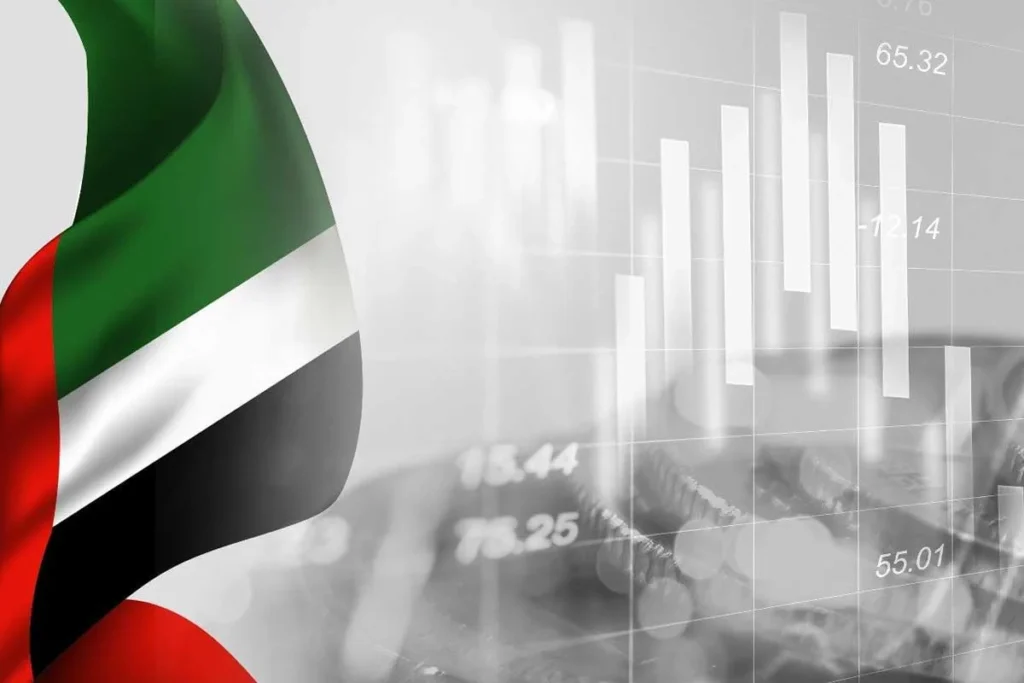The UAE is known for its rapid growth and innovation in various sectors, and one key area that has propelled its success in recent years is Islamic finance. While traditional banking systems rely on interest-based practices, Islamic finance adheres to principles based on Sharia law, making it distinct and attractive to investors worldwide. This unique financial model has played a pivotal role in positioning the UAE as a global investment hub.
Islamic Finance: An Overview
Islamic finance refers to financial activities that comply with the principles of Islamic law, or Sharia. These principles prohibit charging interest (riba) and emphasize ethical investments in industries that align with Islamic values, such as avoiding alcohol, gambling, and pork. Instead of interest-based lending, Islamic finance uses profit-sharing arrangements, asset-backed financing, and other innovative solutions that foster social and economic development.
Islamic finance is now one of the fastest-growing sectors globally, and the UAE has emerged as a key player. With a robust regulatory framework and strong market infrastructure, the UAE has become an attractive destination for investors looking to participate in Sharia-compliant investments.

The UAE’s Embrace of Islamic Finance
Over the past few decades, the UAE has been keen to integrate Islamic finance into its broader economic strategy. The country’s leadership has made deliberate efforts to position the UAE as a global financial center for both conventional and Islamic financial services. Dubai, in particular, stands out as a key hub for Islamic banking, with numerous institutions offering Sharia-compliant products and services.

One of the most significant steps taken by the UAE government to promote Islamic finance was the establishment of the Dubai International Financial Centre (DIFC) in 2004. The DIFC provides a world-class regulatory environment that enables Islamic financial institutions to thrive. The UAE’s commitment to Islamic finance has also been evident in the issuance of Sukuk (Islamic bonds), which have become a popular tool for financing large-scale infrastructure projects.

Islamic Finance as a Driver of Economic Growth
Islamic finance has proven to be an essential element of the UAE’s investment strategy, both domestically and internationally. It has helped the country attract substantial foreign direct investment (FDI) and foster economic diversification. By offering ethical investment opportunities, Islamic finance has opened new avenues for investors from regions where traditional banking systems may not have the same appeal.
For the UAE, Islamic finance is also crucial for its development goals. It helps fund large infrastructure projects, such as the construction of world-renowned buildings, transport systems, and other public services. These projects not only boost the country’s economy but also create jobs, attract tourists, and enhance the quality of life for residents.
A Global Investment Gateway
The UAE’s adoption of Islamic finance has also had significant global implications. As the world’s leading Islamic finance hub, the UAE has become a gateway for investors from the Middle East, Asia, and beyond. By offering Sharia-compliant financial products, the UAE has attracted investments from countries that prefer to avoid interest-based financial systems.
Moreover, Islamic finance has facilitated partnerships between the UAE and emerging markets, particularly in Asia and Africa. These regions have seen an increased demand for ethical financing solutions, and the UAE has positioned itself as a key partner in meeting that demand.
The UAE has also used its Islamic finance expertise to expand its influence in global markets. By investing in key international sectors such as real estate, energy, and technology, the UAE has increased its global footprint and diversified its investments. This strategic approach to Islamic finance has allowed the UAE to build strong financial ties with countries that have large Muslim populations and a preference for Sharia-compliant investments.
The Role of Sukuk in UAE’s Investment Strategy
One of the most significant instruments in Islamic finance is Sukuk, which are Islamic bonds that comply with Sharia principles. Sukuk have gained widespread popularity in the UAE, and the country is one of the largest issuers of Sukuk in the world.
Sukuk are often used to fund large infrastructure projects, including the construction of airports, roads, and energy plants. These investments play a vital role in driving the UAE’s economic development while aligning with Islamic values. By offering Sukuk to global investors, the UAE has raised billions of dollars in funding for its ambitious projects and expanded its influence in the global financial markets.

Furthermore, the UAE’s Sukuk market provides an opportunity for foreign investors to participate in the country’s growth while adhering to ethical investing practices. The success of Sukuk in the UAE has helped the country establish itself as a leader in Islamic finance and a global center for Sharia-compliant investments.
Conclusion: Islamic Finance as a Pillar of the UAE’s Global Investment Strategy
Islamic finance has proven to be more than just a niche sector in the UAE’s investment strategy—it is a fundamental driver of economic growth, global influence, and innovation. The UAE’s commitment to ethical, Sharia-compliant financial practices has positioned it as a key player in the global investment landscape. With its world-class financial infrastructure, strategic use of Sukuk, and continued efforts to embrace Islamic finance, the UAE is well on its way to becoming the global leader in this sector.
As the world continues to look for ethical and sustainable investment options, the UAE’s leadership in Islamic finance will likely become even more influential. By combining traditional values with modern financial tools, the UAE is shaping the future of global finance, and its investment strategy remains a model for others to follow.
Also read: Top Business Trends to Shape the UAE in 2025 – Are You Ready?














